1.The Value of Vitamin K
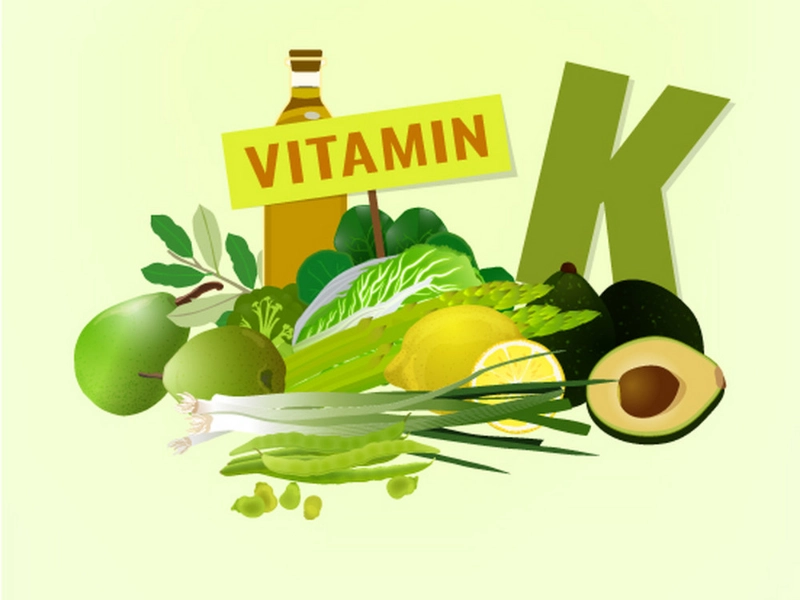
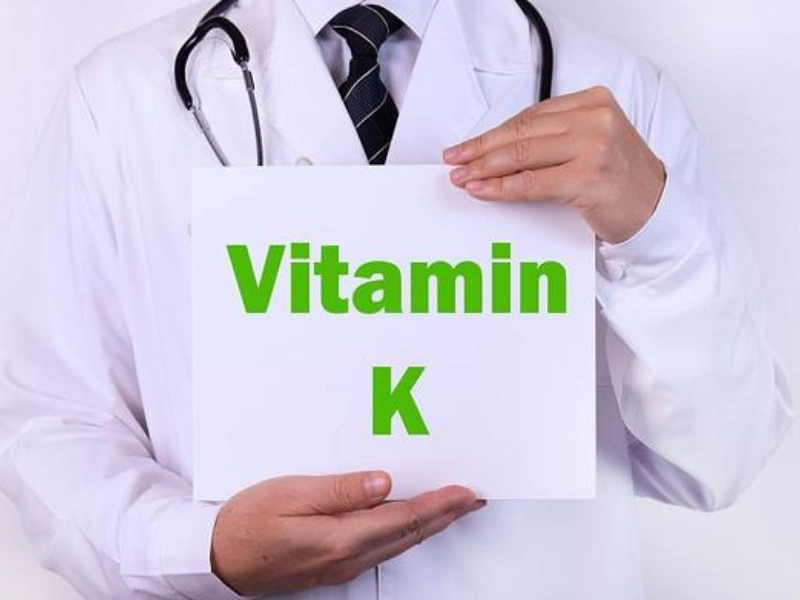 artery calcification is the accumulation of calcium deposits within the artery walls that could cause the arteries to harden and narrow. Heart attacks and strokes among other cardiovascular disorders are greatly influenced by this disorder. Complex and influenced by several elements, including age, diabetes, and high blood pressure is the process of arterial calcification. Calcium builds up in the arteries disturbs normal blood flow and strains the heart, therefore compromising the general cardiovascular condition.
3. Function of Vitamin K in Control of Calcium
artery calcification is the accumulation of calcium deposits within the artery walls that could cause the arteries to harden and narrow. Heart attacks and strokes among other cardiovascular disorders are greatly influenced by this disorder. Complex and influenced by several elements, including age, diabetes, and high blood pressure is the process of arterial calcification. Calcium builds up in the arteries disturbs normal blood flow and strains the heart, therefore compromising the general cardiovascular condition.
3. Function of Vitamin K in Control of Calcium
 Control of calcium metabolism in the body depends critically on vitamin K. It triggers proteins that bind calcium to the bone matrix, therefore guaranteeing that calcium is used where most needed. One of these proteins—matrix Gla-protein (MGP)—is absolutely essential in preventing vascular calcification. MGP prevents calcium from accumulating in the arteries, therefore fostering healthy blood vessels. Enough vitamin K helps these proteins to be properly functioning, so lowering the risk of arterial calcification.
4. The Relationship among Heart Disease and Vitamin K Deficiency
Control of calcium metabolism in the body depends critically on vitamin K. It triggers proteins that bind calcium to the bone matrix, therefore guaranteeing that calcium is used where most needed. One of these proteins—matrix Gla-protein (MGP)—is absolutely essential in preventing vascular calcification. MGP prevents calcium from accumulating in the arteries, therefore fostering healthy blood vessels. Enough vitamin K helps these proteins to be properly functioning, so lowering the risk of arterial calcification.
4. The Relationship among Heart Disease and Vitamin K Deficiency
 Deficit in vitamin K can cause an imbalance in calcium control, so raising the risk of cardiovascular illnesses and arterial calcification. Studies on reduced vitamin K levels have found that people are more prone to suffer with calcification and arterial stiffness. This link emphasizes the need of keeping enough vitamin K consumption in order to preserve heart condition. Including foods high in vitamin K in the diet can be a proactive way to avoid problems connected to hearts.
5. Vitamin K sources
Deficit in vitamin K can cause an imbalance in calcium control, so raising the risk of cardiovascular illnesses and arterial calcification. Studies on reduced vitamin K levels have found that people are more prone to suffer with calcification and arterial stiffness. This link emphasizes the need of keeping enough vitamin K consumption in order to preserve heart condition. Including foods high in vitamin K in the diet can be a proactive way to avoid problems connected to hearts.
5. Vitamin K sources
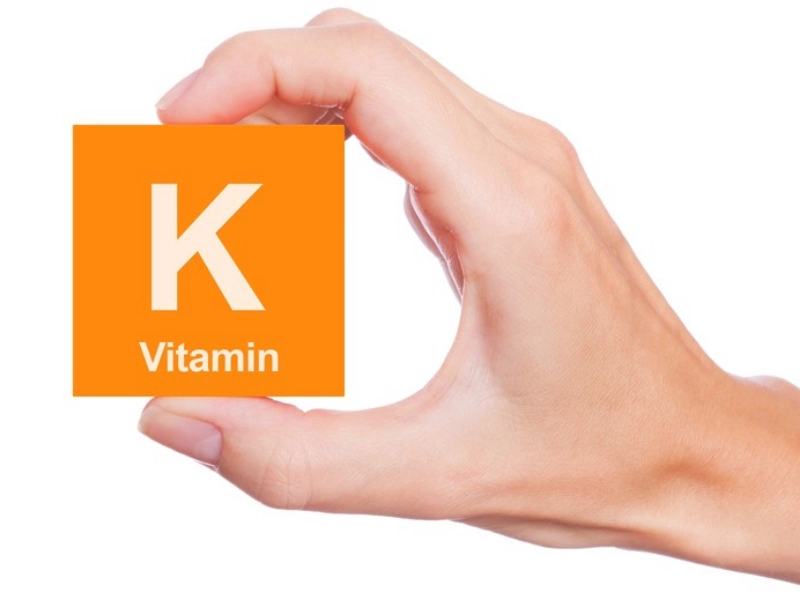 Including a range of foods in the diet helps to guarantee enough consumption of vitamin K. Excellent providers of vitamin K1 are green leafy foods including kale, spinach, and broccoli. Rich in vitamin K2 are fermented foods, including natto, a classic Japanese dish created from fermenting soybeans. Other sources consist of eggs, dairy products, and some meats. Through eating a variety of these foods, people can boost cardiovascular health and enhance their vitamin K levels.
6. Vitamin K's effects on bone health
Including a range of foods in the diet helps to guarantee enough consumption of vitamin K. Excellent providers of vitamin K1 are green leafy foods including kale, spinach, and broccoli. Rich in vitamin K2 are fermented foods, including natto, a classic Japanese dish created from fermenting soybeans. Other sources consist of eggs, dairy products, and some meats. Through eating a variety of these foods, people can boost cardiovascular health and enhance their vitamin K levels.
6. Vitamin K's effects on bone health
 Apart from its function in heart health, vitamin K is absolutely essential for preserving robust bones. It aids in the creation of the protein osteocalcin, which hooks calcium to the bone matrix. Vitamin K's dual functions in both skeletal and cardiovascular health highlight its nutritional value. Along with supporting good arteries, a well-balanced diet including vitamin K helps to maintain general bone density, therefore lowering the incidence of osteoporosis and fractures.
7. Vitamin K and Other Vitamins and Minerals
Apart from its function in heart health, vitamin K is absolutely essential for preserving robust bones. It aids in the creation of the protein osteocalcin, which hooks calcium to the bone matrix. Vitamin K's dual functions in both skeletal and cardiovascular health highlight its nutritional value. Along with supporting good arteries, a well-balanced diet including vitamin K helps to maintain general bone density, therefore lowering the incidence of osteoporosis and fractures.
7. Vitamin K and Other Vitamins and Minerals
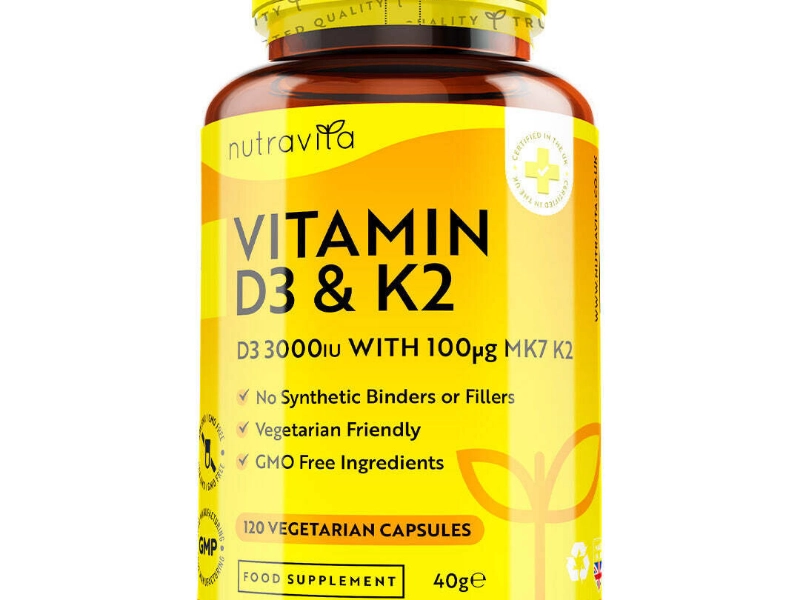 Working in concert with other nutrients, vitamin K improves heart function. For example, calcium absorption depends on vitamin D, and in concert with vitamin K, they allow the body to retain ideal calcium levels. Another essential element that helps cardiovascular health and combines with vitamin K is magnesium. Maximum protection of these nutrients on the heart and arteries depends on a balanced consumption of them.
8. Lifestyle Choices Affecting Vitamin K Level
Working in concert with other nutrients, vitamin K improves heart function. For example, calcium absorption depends on vitamin D, and in concert with vitamin K, they allow the body to retain ideal calcium levels. Another essential element that helps cardiovascular health and combines with vitamin K is magnesium. Maximum protection of these nutrients on the heart and arteries depends on a balanced consumption of them.
8. Lifestyle Choices Affecting Vitamin K Level
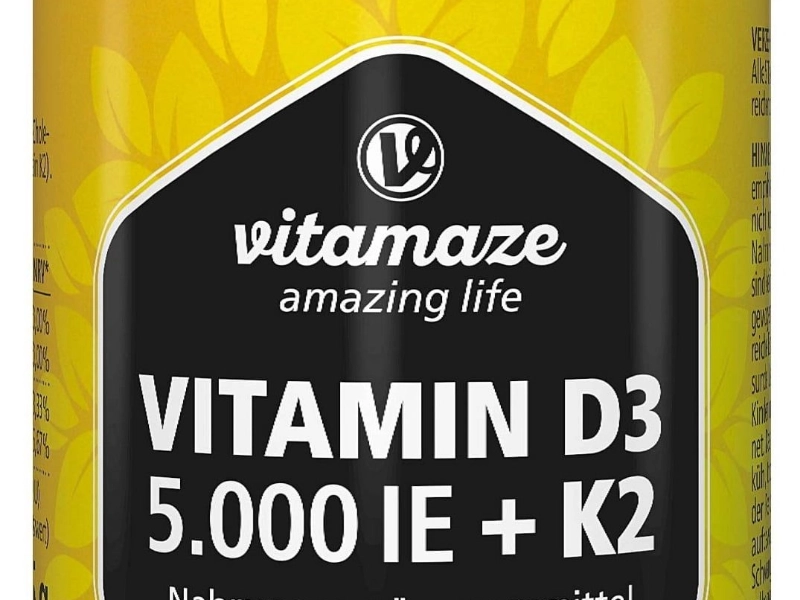 Vitamin K levels in the body can be influenced by several elements of lifestyle. Deficiencies can result from a diet lacking green leafy vegetables and fermentable foods. Furthermore, some drugs, including anticoagulants, can affect the way vitamin K is metabolized. Regular visits to healthcare professionals enable one to assess vitamin K levels and modify dietary or supplemental consumption as needed. Changing your way of life to give nutrient-dense foods first priority will help greatly improve cardiac condition.
9. Value of Frequent Medical Exams
Vitamin K levels in the body can be influenced by several elements of lifestyle. Deficiencies can result from a diet lacking green leafy vegetables and fermentable foods. Furthermore, some drugs, including anticoagulants, can affect the way vitamin K is metabolized. Regular visits to healthcare professionals enable one to assess vitamin K levels and modify dietary or supplemental consumption as needed. Changing your way of life to give nutrient-dense foods first priority will help greatly improve cardiac condition.
9. Value of Frequent Medical Exams
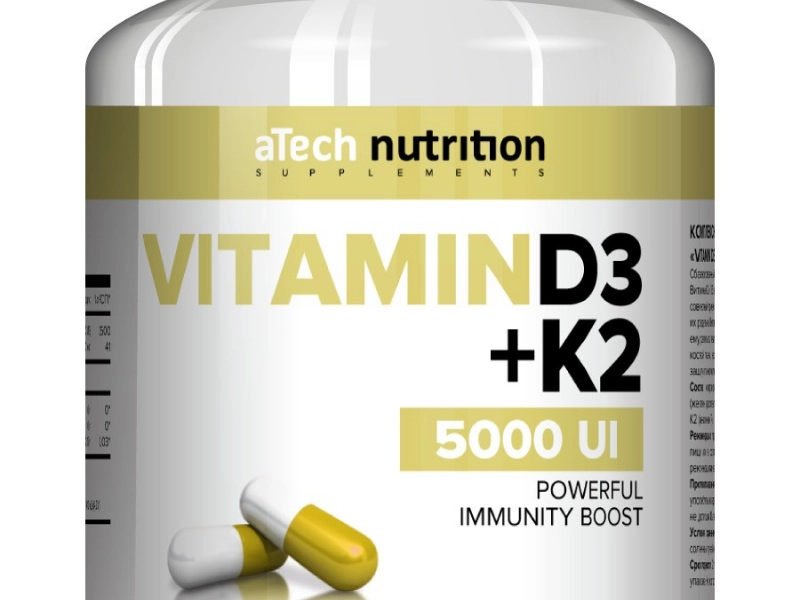 Particularly for those who run the danger of heart disease, maintaining good cardiovascular health is absolutely vital. Frequent medical exams can help find early indicators of other cardiovascular problems, including arterial calcification. When called for, healthcare professionals might advise dietary adjustments, lifestyle changes, and supplements. By being proactive about heart health, one can improve results and enjoy a better quality of life.
10. Review of Vitamin K's Function in Heart Health
Particularly for those who run the danger of heart disease, maintaining good cardiovascular health is absolutely vital. Frequent medical exams can help find early indicators of other cardiovascular problems, including arterial calcification. When called for, healthcare professionals might advise dietary adjustments, lifestyle changes, and supplements. By being proactive about heart health, one can improve results and enjoy a better quality of life.
10. Review of Vitamin K's Function in Heart Health
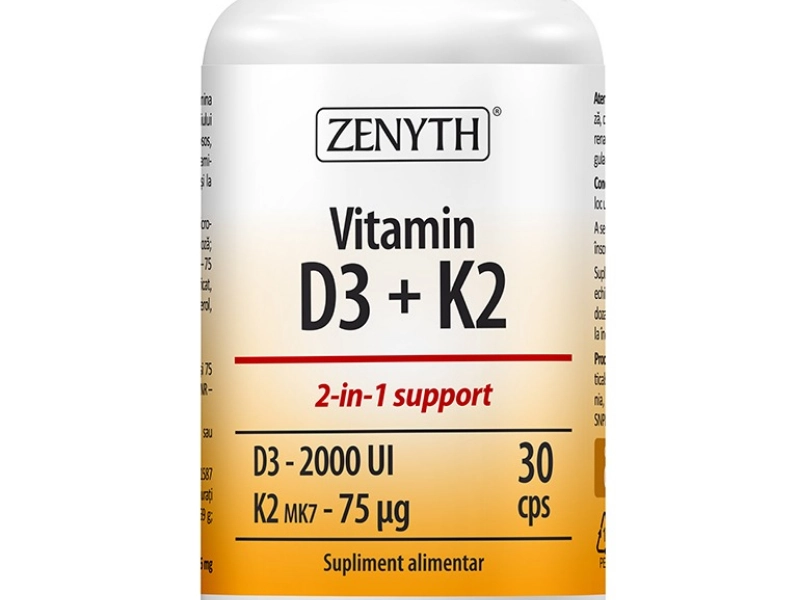 By controlling calcium metabolism and hence preventing arterial calcification, vitamin K is absolutely essential for maintaining heart health. Its impact on cardiovascular health emphasizes the need to keep suitable vitamin K levels by means of a balanced diet high in fermented foods and leafy greens. Understanding the link between vitamin K and arterial health can help people to be proactive in supporting their heart condition and lowering their risk of cardiovascular illnesses. Adopting a nutrient-dense diet and tracking health will help to produce better general well-being and cardiovascular results.
By controlling calcium metabolism and hence preventing arterial calcification, vitamin K is absolutely essential for maintaining heart health. Its impact on cardiovascular health emphasizes the need to keep suitable vitamin K levels by means of a balanced diet high in fermented foods and leafy greens. Understanding the link between vitamin K and arterial health can help people to be proactive in supporting their heart condition and lowering their risk of cardiovascular illnesses. Adopting a nutrient-dense diet and tracking health will help to produce better general well-being and cardiovascular results.